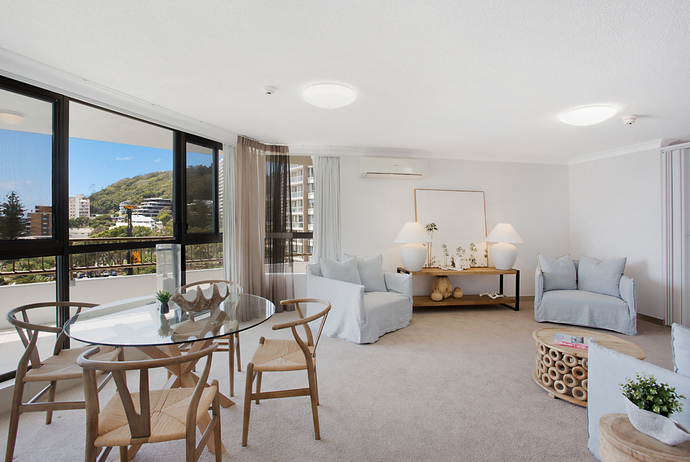For most Australians, your home is the largest single purchase you’ll ever make. Though it’s not always our primary thought, your home is an investment just as much as it is a roof over your head. Eventually, you’ll most likely sell your home, whether it’s because you’re upgrading, downsizing, or simply looking to change locations.
In theory, selling your house will result in a tidy profit for you and your family that you can then put toward your next home or another investment. And while real estate is generally a reliable investment in that it will generally increase in value, that’s not always the case. Let’s explore what affects your home’s value.
Inside influences on home prices
Though external factors like supply and demand on the housing market are generally beyond your control when it comes to the value of your home, it’s important to remember that you can do a great deal to ensure that your home retains and grows its value while you live there.
Maintenance is the single most important thing you can do for your home. Keeping everything in good working order can help prevent major issues down the road. For example, addressing minor leaks in your kitchen sink right away is much easier than dealing with the water damage it can cause if ignored.
If you are planning on making upgrades to your home while you live there, making smart choices will help improve the value of your home when it goes back on the market. Consider using durable and sustainable materials that look great as well as help lower energy costs on your home, which will be appealing to future buyers.
Outside influences on the housing market
Like any investment, there’s no guarantee that your real estate will become more valuable while you own it. All markets can rise and fall depending on myriad factors, and real estate is no exception.
Supply and demand is one of the basic tentpoles of economics. As a homeowner trying to figure out the value of your house, you should hope for low supply and high demand. This means your house is one of only a few options for sale in your area while many people are interested in making a purchase. This can lead to a quick turnaround on the market or even a bidding war.
Though some people may have the ability to make cash purchases, many Australians depend on taking out a mortgage to buy a home. Because of this, interest rates have a major impact on the financial ability of many to purchase a home. If overall interest rates go up, mortgage lenders will increase the interest on their loans, which means they are more expensive and less desirable for prospective homeowners.
As Australian markets ebb and flow, you can expect home values to do the same. In general, though, real estate has proven to be a dependable investment that usually trends upward over time. However, there are exceptions when the real estate market grows too fast to be sustainable.
While they are rarer in the housing market than in other financial areas, housing bubbles are a possibility. Bubbles are caused by many different factors, but start with a sharp uptick in demand by both buyers and investors. High-risk loans with low initial monthly payments and the lowering of underwriting standards mean people are given loans that they shouldn’t necessarily qualify for. When many of those ultimately go into default, it creates a huge flux of available houses without people who can afford them, causing prices to fall.
Please take a look at our currnet listings – we have some great opportunites!

